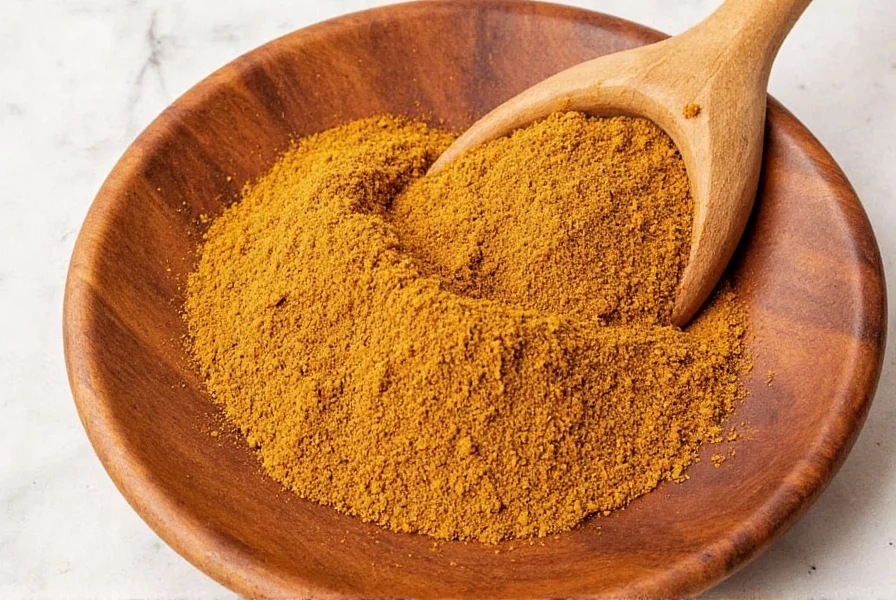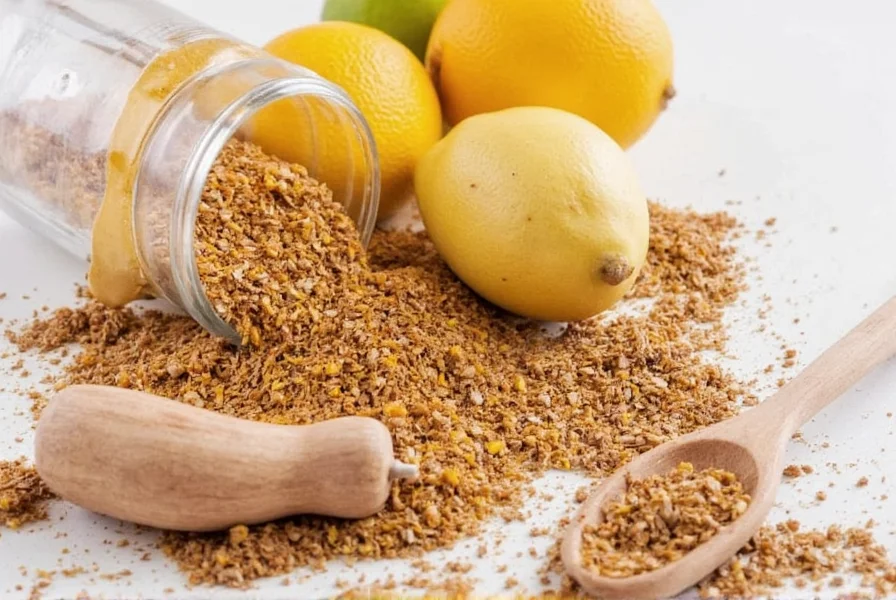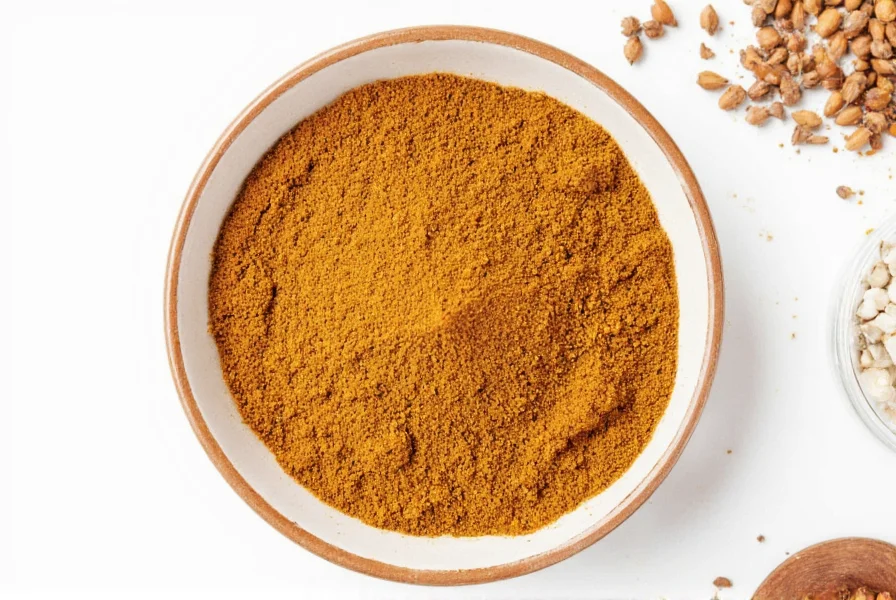Cumin (Cuminum cyminum), one of the world's oldest cultivated spices, has been valued across civilizations not just for its distinctive flavor but for its remarkable health-promoting properties. Modern scientific research continues to validate what traditional medicine systems have recognized for centuries: this humble seed packs a powerful nutritional punch with benefits spanning multiple body systems.
What Makes Cumin Nutritionally Unique
Beyond its warm, earthy flavor profile, cumin contains a complex array of bioactive compounds that contribute to its health advantages. The primary active component, cuminaldehyde, gives cumin its characteristic aroma while delivering significant antioxidant effects. Additionally, cumin contains terpenes, phenols, flavonoids, and alkaloids that work synergistically to provide therapeutic benefits.

Science-Backed Health Advantages of Cumin
Digestive System Support
One of cumin's most well-documented advantages is its positive impact on digestive health. Studies show that cumin stimulates the production of digestive enzymes from the pancreas, enhancing the breakdown and absorption of nutrients. Research published in the Journal of Ethnopharmacology demonstrated that cumin extract significantly reduced symptoms of irritable bowel syndrome, including bloating and abdominal pain. The spice also exhibits carminative properties, helping to relieve gas and intestinal spasms.
Iron Absorption and Anemia Prevention
With approximately 66.36 mg of iron per 100 grams, cumin ranks among the most iron-rich spices available. More importantly, research indicates that cumin enhances iron absorption from plant-based foods. A clinical trial involving women with iron deficiency anemia found that those who consumed cumin-enriched foods showed significantly greater improvement in hemoglobin levels compared to the control group. This makes cumin particularly valuable for vegetarians and populations at risk of iron deficiency.
Blood Sugar Regulation
Multiple studies suggest cumin may help regulate blood glucose levels, making it potentially beneficial for people with type 2 diabetes or prediabetes. In a randomized controlled trial, participants who consumed 75 mg of cumin extract daily for eight weeks showed significant reductions in fasting blood sugar, hemoglobin A1c, and insulin resistance compared to the placebo group. The mechanism appears to involve enhanced insulin sensitivity and protection of pancreatic beta cells.
Cholesterol Management
Research demonstrates cumin's positive effects on lipid profiles. A meta-analysis of clinical trials found that cumin supplementation significantly reduced total cholesterol, LDL ("bad") cholesterol, and triglycerides while increasing HDL ("good") cholesterol. The spice appears to work by inhibiting cholesterol absorption in the intestines and enhancing bile acid secretion, which helps remove cholesterol from the body.
| Health Benefit | Key Research Findings | Recommended Daily Amount |
|---|---|---|
| Digestive Health | 30% reduction in IBS symptoms in clinical trials | 1-2 grams (½-1 tsp) |
| Iron Absorption | 40% greater hemoglobin improvement in anemia patients | 1 gram with iron-rich meals |
| Blood Sugar Control | 12% reduction in fasting glucose levels | 75-150 mg extract or 3g powder |
| Cholesterol Management | 10% reduction in LDL cholesterol | 300-500 mg extract daily |
Anti-Inflammatory and Antioxidant Properties
Cumin contains numerous compounds with potent antioxidant activity, including flavonoids and phenolic acids. These compounds neutralize harmful free radicals and reduce oxidative stress throughout the body. Research shows cumin's antioxidant capacity exceeds that of many common fruits and vegetables by weight. Its anti-inflammatory effects have been demonstrated in multiple studies, with cumin extract showing comparable effectiveness to some pharmaceutical anti-inflammatory drugs in animal models.
Immune System Support
The immunomodulatory effects of cumin make it valuable for supporting healthy immune function. Studies indicate that cumin enhances the activity of natural killer cells and macrophages—key components of the immune system's defense against pathogens. Additionally, cumin's antimicrobial properties have been shown to inhibit the growth of various bacteria and fungi, including E. coli and Candida albicans.
Potential Cancer-Protective Effects
While research is still in early stages, several laboratory studies suggest cumin may have cancer-protective properties. The spice has demonstrated the ability to induce apoptosis (programmed cell death) in cancer cells while leaving healthy cells unaffected. Animal studies show reduced tumor incidence and size with cumin supplementation, particularly for digestive tract cancers. The mechanisms appear to involve antioxidant protection, anti-inflammatory effects, and direct interference with cancer cell proliferation.

How to Maximize Cumin's Health Benefits
To fully leverage the advantages of cumin, consider these evidence-based recommendations:
- Pair with healthy fats: Cumin's fat-soluble compounds are better absorbed when consumed with healthy fats like olive oil or avocado
- Dry roast before use: Lightly dry roasting cumin seeds enhances the bioavailability of its active compounds
- Combine with black pepper: Piperine in black pepper increases the absorption of cumin's beneficial compounds
- Use regularly: Consistent daily consumption yields better results than occasional use
- Choose whole seeds: Whole cumin seeds retain their potency longer than pre-ground powder
Considerations and Potential Side Effects
While cumin is generally safe when consumed in culinary amounts, certain considerations apply when using it therapeutically:
- People with bleeding disorders should consult a healthcare provider, as cumin may slow blood clotting
- Those scheduled for surgery should discontinue high-dose cumin supplementation at least two weeks beforehand
- Pregnant women should avoid medicinal amounts of cumin, though culinary use is generally considered safe
- Individuals with gallstones should consult a doctor before consuming large amounts, as cumin may increase bile production
- Some people may experience heartburn or digestive upset with high consumption
Integrating Cumin into Your Daily Routine
Incorporating cumin for health advantages doesn't require drastic dietary changes. Start your day with cumin tea (½ tsp cumin seeds steeped in hot water), add it to morning smoothies, or include it in salad dressings. For digestive benefits, consume cumin with meals—particularly those containing legumes or cruciferous vegetables that may cause gas. To support iron absorption, add cumin to plant-based iron sources like lentils and spinach.
Research Limitations and Future Directions
While the existing research on cumin benefits is promising, most human studies have been relatively small or short-term. More large-scale, long-term clinical trials are needed to establish definitive dosage recommendations and fully understand cumin's therapeutic potential. Current research is exploring cumin's effects on cognitive health, skin conditions, and respiratory disorders, suggesting additional advantages may be documented in coming years.
Conclusion
The advantages of cumin extend far beyond its role as a flavor enhancer. With its impressive nutritional profile and scientifically supported health benefits, this ancient spice deserves recognition as a functional food with genuine therapeutic value. When incorporated regularly into a balanced diet, cumin can contribute meaningfully to digestive health, nutrient absorption, metabolic function, and overall wellness. As with any natural remedy, consistency and appropriate dosage are key to experiencing its full range of benefits.
Frequently Asked Questions
What is the most significant health benefit of cumin?
Research suggests cumin's most significant health advantage is its dual action on digestion and nutrient absorption. It stimulates digestive enzymes while enhancing the absorption of key nutrients like iron and calcium, making it uniquely valuable for overall nutritional status.
How much cumin should I consume daily for health benefits?
For general health maintenance, 1-2 grams (approximately ½ to 1 teaspoon) of cumin powder daily provides significant benefits. Therapeutic doses for specific conditions like blood sugar management may range from 300-500 mg of concentrated extract, but should be discussed with a healthcare provider.
Can cumin help with weight management?
Some studies indicate cumin may support weight management by improving lipid metabolism and reducing insulin resistance. A clinical trial found participants consuming cumin extract lost significantly more body fat and waist circumference than the control group, though more research is needed to confirm these effects.
Is there a difference between cumin seeds and powder for health benefits?
Whole cumin seeds retain their potency longer than ground powder. However, grinding just before use maximizes bioactive compound availability. Research shows similar health benefits from both forms when used properly, though some compounds may be more readily absorbed from powder due to increased surface area.
How quickly can I expect to notice benefits from regular cumin consumption?
Digestive benefits may be noticeable within days of regular consumption. More significant effects on blood markers like cholesterol or blood sugar typically require 4-8 weeks of consistent daily use. For iron deficiency, improvements in energy levels may take 2-3 months of regular consumption with iron-rich foods.











 浙公网安备
33010002000092号
浙公网安备
33010002000092号 浙B2-20120091-4
浙B2-20120091-4